Supernatural Monster Mythology Evolution: Werewolves
Monster Mythology – The Evolution: Werewolves
Werewolves have one of the oldest and richest histories of the Supernatural monsters. Since the first appearance in “Heart”, werewolves have ranged from unknown, to villain to lover to ally to enemy and back again. Of all the monsters to inhabit the world of the Winchesters, the werewolves have arguably undertaken the most profound evolution overall.
First Appearance: 2.17 “Heart”
Most Recent Significant Appearance*: 13.10 “Wayward Sisters”
[Quick reminder, for the purpose of this series, we are not including any modifications of creatures introduced by/in the Apocalypse World and/or as a result of Michael!Dean – so this doesn’t include those “recent” appearances”]
Primal
The werewolf, by it’s nature, represents the ID side of the personality – the part of the personality Freud defined as controlling the basic, instinctual human drives. When we first encounter the “werewolf” the human doesn’t know that it is a werewolf and has no control over what takes place when they are transformed. The wolf is primitive and instinctual, not bound by logical – only acting to fill the needs and wants of the now regardless of consequences. This is evidenced in “Heart” with Madison (when she changes) by the murder of enemies or people perceived, on some level, to be a threat to Madison that are killed by her “wolf” form (abusive ex-boyfriend, abusive boss).
New Moon
As Supernatural develops the werewolf mythos, the wolf undergoes a transformation to a place where pureblood werewolves are granted some agency, even when transformed. We see this in “Bitten” for the first time, where Kate, in a roundabout way, encounters Sam and Dean, but unlike other werewolves, possesses some control over her actions and werewolf side.
Dean: Hey, check this out. ‘Werewolves that are turned up to four generations from pure-blood…’ Think he means Alpha? ‘…are less feral and can transform before, during, and after the lunar cycle.’ Boom.
Sam: Let me see that. Pure-bloods don’t black out during the transformation. They can control themselves.

This correlates to Sam’s anecdote previously in “All Dogs Go To Heaven”, mentioning to Dean that that werewolves he and Samuel killed didn’t need the full moon to change. This werewolf is more human and less primitive than before – though the ID is still very much the driving force. This can be demonstrated in emotional energy and extreme control needed to regulate actions – the kill drive is still dominant looking at characters like Brian in Bitten for example.
Where Kate maintains her “goodness” in the face of being turned, as does Garth, “Red Meat” offers the example of Corbin, who fully embraces the kill desire. At this point, the evolution of the werewolf becomes an even deeper dialogue on human behaviour: Corbin chose to kill Sam before he turned. Again, the werewolf – like many “monsters” in the Supernatural universe – becomes a vehicle for inherent human goodness rather than a black or white indictment of the creature itself. This is especially potent once the werewolf is a fully cognisant and in control creature.
This evolution of the werewolf is aligned with ongoing character developments and plots highlighting our main characters. As Supernatural develops and moves forward in time, Sam and Dean become less emotionally impulsive in their choices (example: selling souls). Though not as stark a difference immediately as the werewolf evolution (because, Sam and Dean are still our stubborn brothers, let’s be honest), there is a resonance here: more balanced thinking, less impulse-driven, primitive choices.
Achieving Balance
In addition, when the werewolf loses the strictly impulsive nature and gains the ability to apply rationale thought in the haze of primitive instinct, much like our other monsters, the werewolf becomes a more calculating and threatening adversary for Sam and Dean.
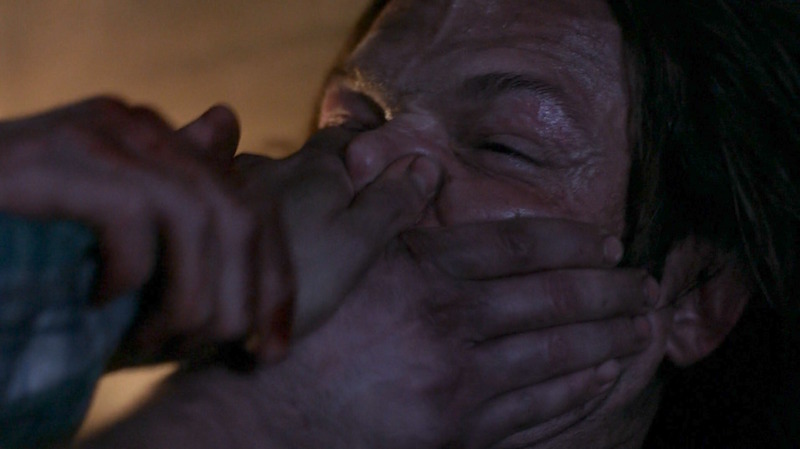
Over the course of Supernatural not only do the boys develop in their abilities, but as we established in previous installments of this series, the monsters evolve in intelligence and abilities too. The most resounding (and horrifying) example of this is in “Red Meat”, where Corbin “kills” Sam, perceiving him to be too much of a liability.
True Evil?
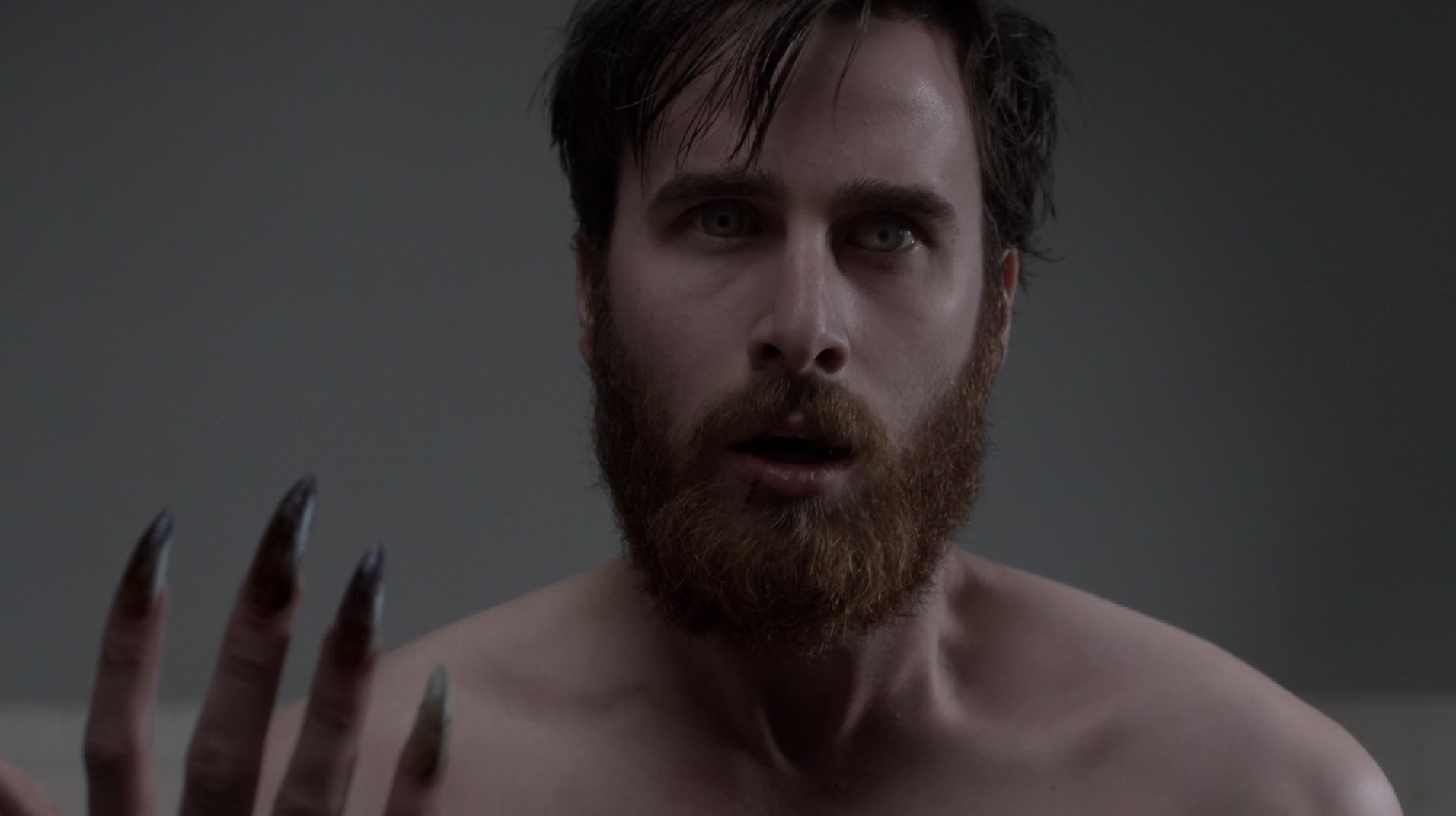
The evolution of the werewolf also reinforces a recurrent theme in Supernatural – that humans are the true villain in many ways. The werewolf’s retention of human personality and thinking gives him the ability to act with conscious choice. Consider the broadest ends of the spectrum that the werewolf is presented in over the course of Supernatural: In “Heart” a human Madison, with no control over her change or actions once changed, opts not to hurt anyone as a wolf and ends her life very tragically. In dark juxtaposition, we have “Red Meat”, where Corbin is fully able to control his wolf side and choose murder.
The message here is two-fold: it does not make a creature evil when the person has no conscious choice over the action; but when given a choice and choosing murder, it is the human parts that are evil (not the monster itself).
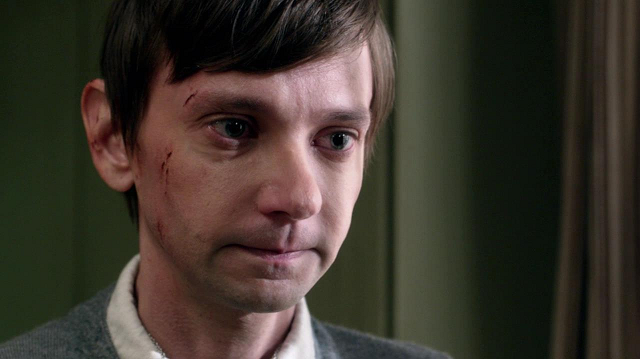
Of course, the ultimate paragon for werewolf-dom in the Supernatural universe is Garth. In his transformation not just to a werewolf, but a so-called “vegetarian” werewolf, Garth represents the ultimate example of striking a balance between primitive, impulsive nature and the human side. Garth (and his family) also become another touchstone on the path of “enlightenment” (for lack of a better phrase) for Sam and Dean in their understanding that “monster” and “evil” aren’t synonymous. Garth is a major acceptance point, as the boys continue to trust Garth as another hunter even after he becomes a werewolf.
Dark v Light
The werewolf is not a “dark side” as we learn, though the narrative starts the creature their, paralleling with Sam’s fears of an inner and uncontrolled darkness. The werewolf speaks to the inherent nature of the human being as the series progresses: in each evolution of the werewolf, the wolf reveals more about the personality and humanity of it’s “host” than anything else. With Madison, she couldn’t bear the thought of hurting anyone and took recourse. With Corbin he because a killer. With Garth, sociable, genial and kind, he continued this way in a new lifestyle.
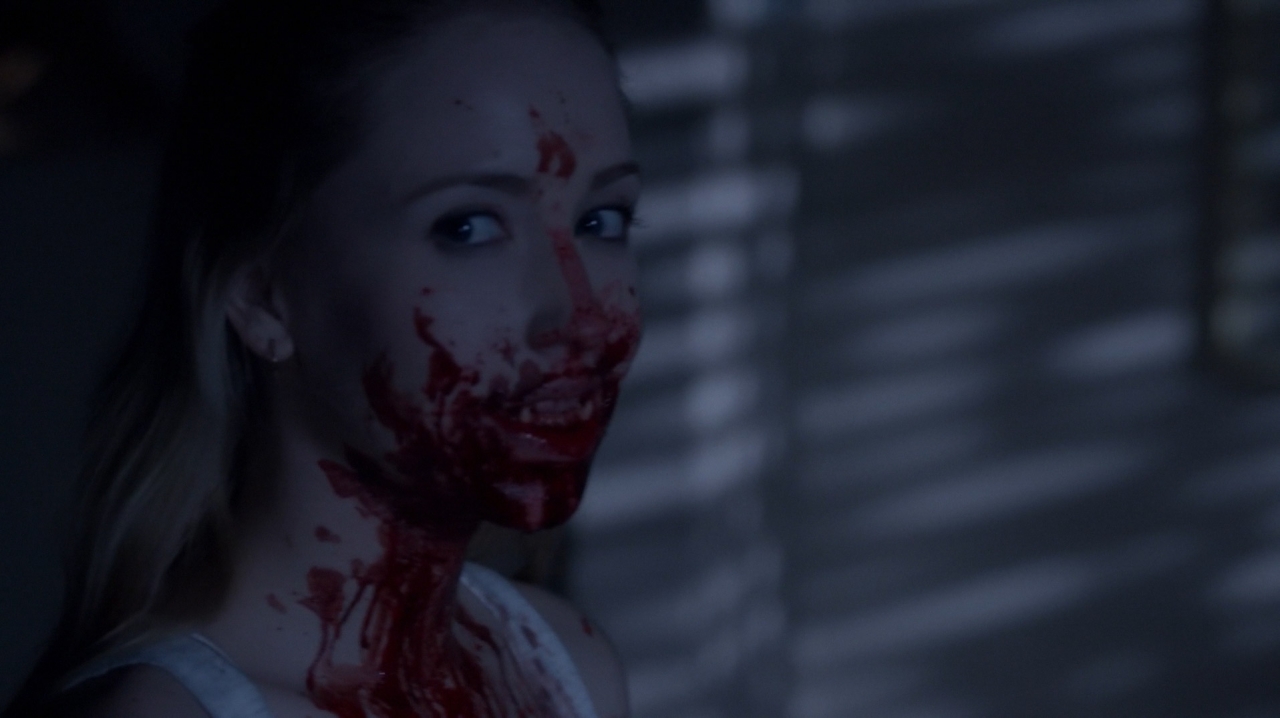
Opposite of vampires who choose to behave one way or another, werewolves begin the series with a totally dual, separate nature that converges over the run of the series. The werewolf blurs the lines of good and evil and the philosophies of Supernatural become more complex.
In the beginning, “evil” isn’t a question or a choice, per se, and moving through the years – it becomes a choice because it’s about the deep roots inside the individual, not unlike Sam and Dean who make choices about who they are. They aren’t evil. Their choices have consequences. They have dual-sided natures that merge more and more as the series goes forward and they discover themselves.
What do you think of the evolution of the werewolves throughout the 14 year run of Supernatural? Do you think the wolves struggle more against their nature or does evidence support that it comes down to the human-side, to determine good-v-evil?
What to read previous installments of this series? Check out the Evolution of Djinn, Vampires, and Leviathan!


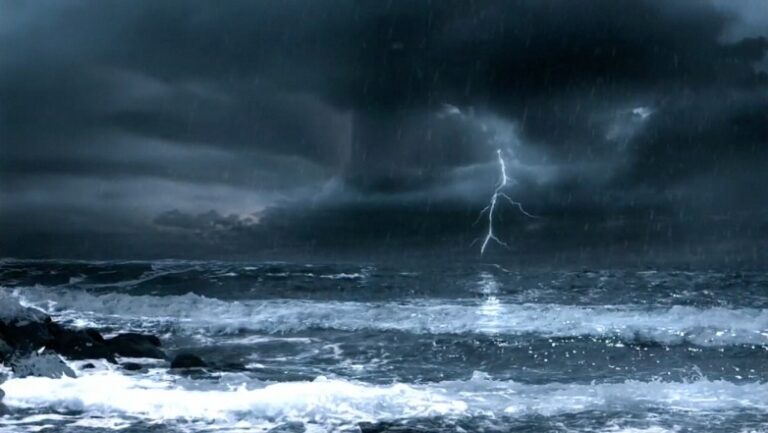
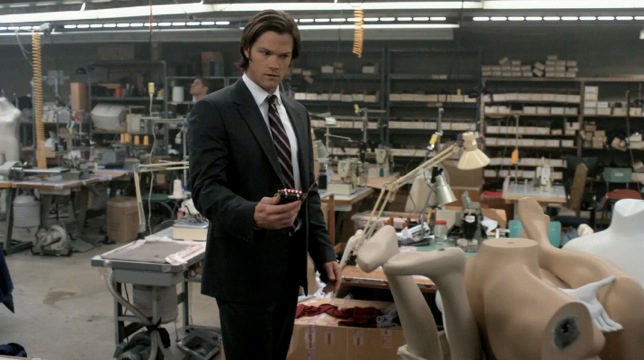
Leave a Reply